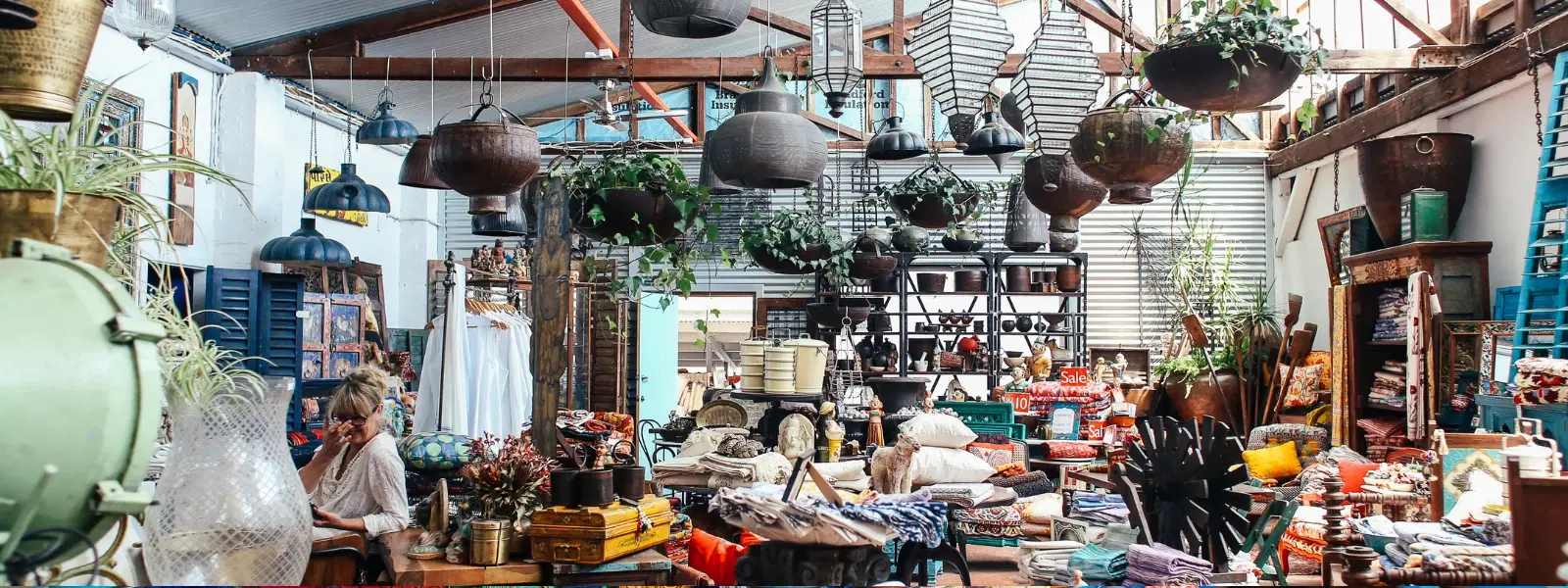
Hotels
•03 min read

Dokra art is not merely a craft; it is a vibrant cultural legacy that pulses through the heart of Bastar. In the intricate world of Dokra art workshops, local artisans share ancient techniques that have been honed over millennia. This blog delves into your frequently asked questions about these workshops, shedding light on the art of lost wax casting and providing actionable insights into interacting with Bastar artisan communities.
Dokra art workshops are immersive environments where the traditional metal casting techniques are both preserved and celebrated. These sessions are dedicated to teaching and demonstrating the lost wax casting process—a method that transforms simple wax models into intricate handcrafted Dokra artifacts. These workshops play a crucial role in promoting Bastar tribal crafts and highlighting the unique Indian tribal art forms that contribute to our rich cultural tapestry.
Bastar artisan communities are the lifeblood of Dokra art. Their expertise ensures that the ancient art form continues to thrive in contemporary times. The workshops serve as a platform where these artisans impart their knowledge and cultural heritage. By interacting with these experts, participants not only learn about the technical aspects of metal casting but also gain a deeper appreciation of the cultural narratives embedded in every piece of art. This interaction enriches the experience for both novices and connoisseurs of tribal art.
The lost wax casting process is the cornerstone of Dokra art. This ancient technique begins with crafting a detailed wax model that captures the desired design. Once perfected, the model is encased in a clay mold. The wax is then melted away, leaving a hollow impression that is filled with molten metal. Once cooled, the mold is broken to reveal the final artifact. Over generations, this time-honored method has been refined and passed down, ensuring that the authenticity and beauty of each handcrafted Dokra artifact remain intact.
Bastar artisans utilize a rich array of intricate techniques to create Dokra art. These methods underscore their artistic vision and respect for tradition. Each piece is a testament to careful craftsmanship, echoing the aesthetics of ancient tribal culture while showcasing innovative expressions in metal work. The uniqueness of Dokra art lies in its ability to fuse tradition with personal creativity, making every artifact a distinct masterpiece that stands out among other Indian tribal art forms.

"Did you know? The lost wax casting process used in Dokra art dates back over 4,000 years and is one of the oldest metal casting techniques in the world. Its precision and artistry are unmatched, making each artifact a true masterpiece."
In a fast-changing world, maintaining traditional arts such as Dokra has become increasingly challenging. Globalization and rapid industrialization pose threats to the age-old practices that define the culture of Bastar. Workshops are more than just education sessions; they are a safeguard for these traditional metal casting practices. By participating in these sessions, enthusiasts help preserve a legacy that might otherwise be eroded by modernity.
Many Bastar artisans face significant hurdles, including limited financial support and restricted access to broader markets. The economic challenges mean that despite their skill, expanding their craft on a larger scale remains difficult. In addition, societal changes have slowed the transmission of traditional knowledge to younger generations. Thanks to Dokra art workshops, there is hope. These initiatives generate awareness and support, creating necessary channels for these skilled craftspeople to thrive and continue their cultural contributions.
Dokra is famous for its intricate handcrafted metal artifacts created using the lost wax casting process. The art form is celebrated for its cultural depth and artistic charm within Indian tribal art.

Dokra artisans often struggle with insufficient financial backing, limited market access, and the risk of losing traditional methods due to the rapid onset of modernization.
Dokra art utilizes the lost wax casting process where a meticulously crafted wax model is replaced by molten metal, resulting in detailed and unique artifacts.
Dokra work in Chhattisgarh, especially in Bastar, is revered for its rich cultural heritage and exceptional craftsmanship that spotlight the artistic traditions of the region's tribal communities.
Attending Dokra craft making classes offers a gateway into a realm of ancient artistry. Participants learn practical skills in traditional metal casting workshops and get a chance to engage one-on-one with seasoned Bastar artisans. These classes provide detailed hands-on experience, allowing learners to appreciate the delicate nuances of the lost wax casting process, and embrace the spirit of Indian tribal art forms.
Workshops dedicated to Dokra art go beyond technical training; they are a celebration of Bastar cultural heritage. They create spaces where history, art, and tradition converge. Through these sessions, participants gain insight into the cultural narratives passed down by generations, reinforcing the importance of Eskinding traditional practices amidst modern influences. As the legacy of Dokra art continues, every workshop solidifies the bond between art enthusiasts and the heartfelt expressions of Indian tribal crafts.
Dokra art workshops offer an exceptional opportunity to immerse oneself in traditional techniques that have been nurtured over centuries. By engaging with Bastar artisan communities and understanding the lost wax casting process, participants learn more than just art—they become part of a living cultural legacy. Whether you are an aspiring artisan or simply a lover of Indian tribal art forms, these workshops provide valuable insights that enrich your knowledge and appreciation of our collective heritage.